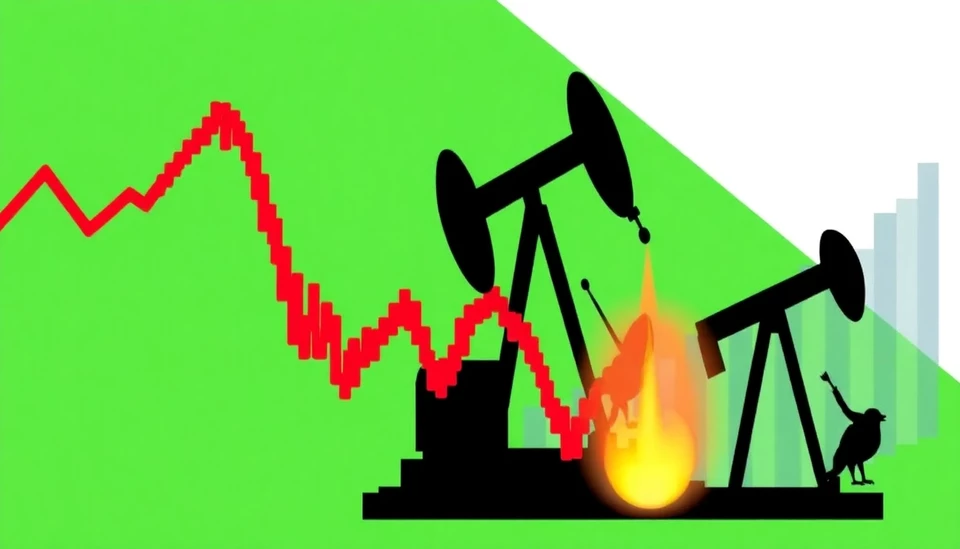
The oil market is currently grappling with a series of developments that are influencing the trajectory of crude prices and global supply dynamics. As of March 28, a blend of geopolitical tensions, fluctuating demand projections, and ongoing dialogues within OPEC+ continues to shape the market landscape.
One of the most significant factors impacting oil prices is the escalating conflict in various regions, including Eastern Europe and the Middle East. These geopolitical tensions have led to concerns about potential disruptions in oil supply, contributing to a bullish sentiment among traders. Despite these uncertainties, there are mixed signals regarding demand, particularly as economic recovery in major consuming nations still faces headwinds due to inflationary pressures and continued pandemic-related challenges.
The latest updates from OPEC+ have generated considerable attention. The coalition of oil-producing nations is reportedly engaged in discussions about potential adjustments to their production quotas. Given the widespread fluctuations in market demand and ongoing economic uncertainties, any shifts in production levels from OPEC+ could significantly affect global oil prices. Analysts suggest that even a slight change in output could exacerbate volatility in an already sensitive market.
Furthermore, the United States' strategic moves in response to these developments are also shaping the oil conversation. The Biden administration is closely monitoring global oil supply chains and is considering the possibility of releasing additional reserves from the Strategic Petroleum Reserve (SPR) to mitigate any potential spikes in domestic oil prices. This approach aims to balance the market amid surging prices and escalating inflation concerns.
In terms of market performance, Brent crude and West Texas Intermediate (WTI) benchmark prices experienced fluctuations in recent trading sessions. As traders weigh the balance of geopolitical risks against economic indicators, market volatility is expected to persist in the near future.
Investors are advised to stay informed about the unfolding global landscape, particularly in relation to diplomatic negotiations and energy policies from major stakeholders. The OPEC+ meetings scheduled for early next month will be a pivotal point for the market, as decisions made during these discussions could significantly impact oil supply optimization strategies going forward.
In summary, the oil market is navigating through a complex web of geopolitical tensions, economic uncertainties, and production strategies from major oil-producing nations. As the situation evolves, market participants must remain vigilant about the implications these factors hold for future oil prices.
As we move forward, traders and investors are encouraged to keep an ear to the ground and closely follow updates from OPEC+, U.S. policies, and global economic indicators that could serve as catalysts for market shifts.
#OilMarket #CrudePrices #OPEC #WTI #BrentCrude #Geopolitics #EnergyNews #MarketAnalysis
Author: John Harris




